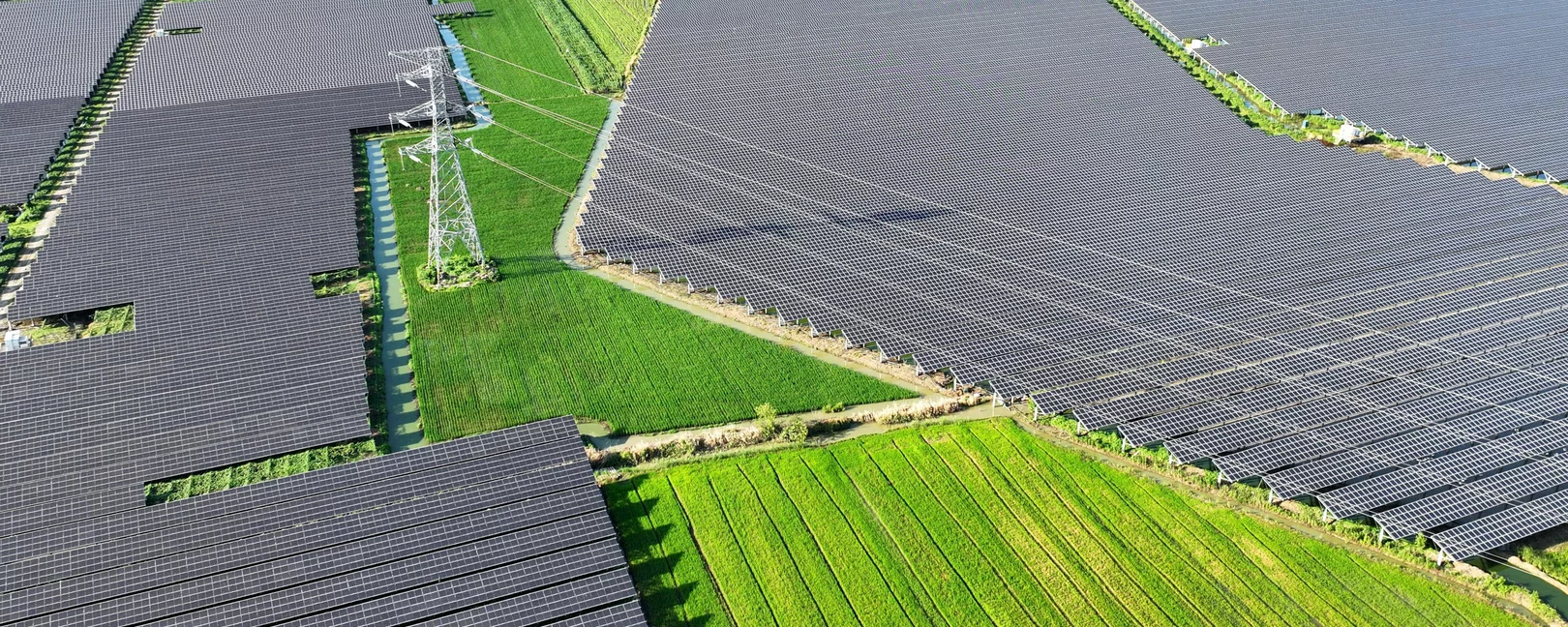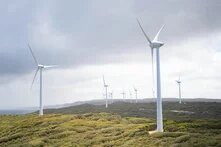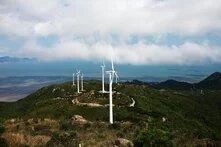Dossier
EU-China Relations: Bound by Clean Tech or Divided by It?
Green Tech has emerged as one of the defining factors in the relationship between the European Union (EU) and China, intertwining their economic ambitions and security considerations with their climate commitments. China’s massive industrial capacity, underpinned by state subsidies and export-driven scale, has given it an unrivaled grip on critical technologies and raw materials.
For the EU, this asymmetry has turned clean tech from a shared ambition into a strategic challenge. Europe’s efforts to build its own clean-industrial base reflect not only environmental goals but an urgent quest for technological sovereignty. For policymakers, the question is now how to balance engagement with protection in a domain that increasingly defines both climate and competitiveness.
The Beijing Representative Office of the Heinrich Boell Foundation has invited four analysts from China and Europe to examine the issue from two complementary perspectives: economic security and climate diplomacy. The articles reflect the opinions of their respective authors and should be read in the context of this series.
Contact
Arthur Tarnowski
Chief Representative, Beijing Representative Office, Heinrich Boell Foundation
E arthur.tarnowski@cn.boell.org





